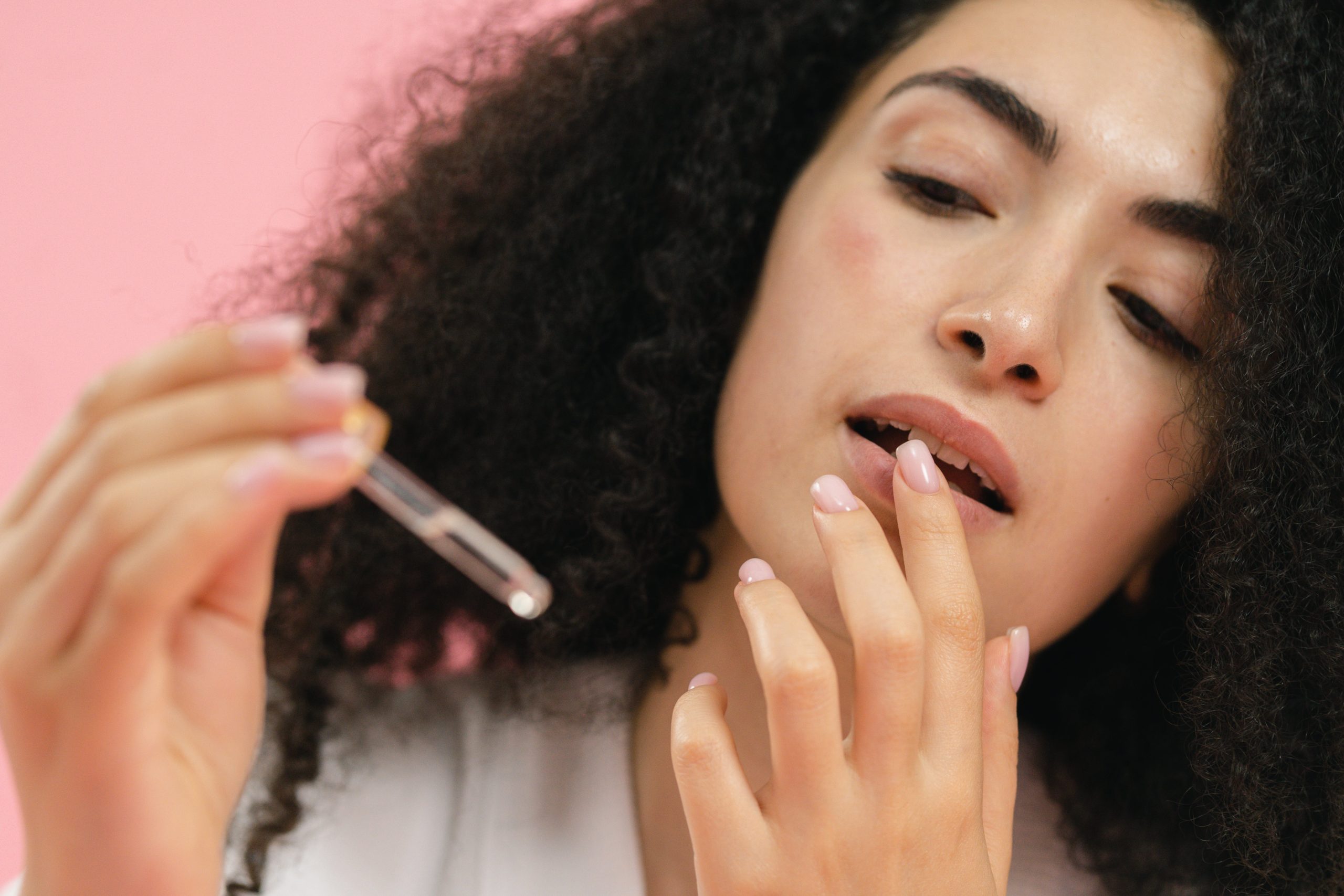Eczema, a chronic skin condition characterized by inflammation and irritation, can significantly impact one’s quality of life. Those who suffer from eczema often experience redness, itching, and discomfort, making skincare a crucial aspect of their daily routine.
In this comprehensive guide, we will delve into the world of a soothing skincare routine designed specifically for eczema-prone skin.
What is Eczema?
Eczema, also known as atopic dermatitis, is a chronic skin condition characterized by inflamed, itchy skin. It can manifest in various forms, and triggers may include genetics, environmental factors, and allergies.
The key to managing eczema lies in adopting a skincare routine that prioritizes hydration, avoids potential irritants, and supports the skin’s natural barrier function. Let’s explore each step in detail.
Soothing Skincare Routine for Eczema
1. Gentle Cleansing: Start your routine with a mild, fragrance-free cleanser. Harsh soaps and cleansers can strip the skin of its natural oils, exacerbating eczema symptoms. Look for hypoallergenic, soap-free formulas that are specifically designed for sensitive skin.
2. Hydration is Key: Moisturizing is the cornerstone of any effective eczema skincare routine. Opt for a thick, fragrance-free moisturizer containing ingredients like ceramides, hyaluronic acid, and glycerin. Apply it liberally, focusing on areas prone to dryness.
3. Prescription Topicals: For more severe cases, your dermatologist may prescribe topical steroids or other medications to manage inflammation. It’s crucial to use these as directed and under the supervision of a healthcare professional.
4. Avoid Triggers: Identify and avoid triggers that may worsen your eczema symptoms. Common triggers include certain fabrics, harsh detergents, and specific foods. Keeping a journal can help you pinpoint what exacerbates your eczema.
5. Sun Protection: Protecting your skin from the sun is crucial, as sunburn can trigger eczema flares. Use a broad-spectrum sunscreen with at least SPF 30, and reapply it every two hours, especially when outdoors.
6. Cool Showers: Hot water can be harsh on eczema-prone skin. Opt for lukewarm showers, and avoid prolonged exposure to water. Pat your skin dry gently with a soft towel after bathing.
Conclusion
Developing a soothing skincare routine for eczema is a personal journey. It requires patience, experimentation, and the willingness to listen to your skin’s needs. By adopting a gentle and consistent routine, you can manage eczema symptoms effectively, leading to a calmer and healthier complexion.
Frequently Asked Questions (FAQs)
1. Can certain foods trigger eczema flare-ups?
While food allergies can exacerbate eczema symptoms in some individuals, they are not a primary cause of the condition. However, certain foods may trigger flare-ups in people with existing food sensitivities or allergies. Common trigger foods include dairy, eggs, nuts, soy, and gluten. If you suspect that certain foods may be contributing to your eczema, consider keeping a food diary and consulting with a healthcare professional for guidance.
2. Are there any natural remedies for eczema?
Several natural remedies may help soothe eczema symptoms and promote skin healing. These include applying coconut oil, olive oil, or sunflower oil to the skin to moisturize and reduce inflammation. Colloidal oatmeal baths can also provide relief from itching and irritation. Additionally, some people find relief from eczema symptoms by using herbal remedies such as chamomile or calendula creams. However, it’s essential to consult with a dermatologist before trying any new treatment, natural or otherwise.
3. How often should I apply moisturizer for eczema-prone skin?
For eczema-prone skin, it’s essential to moisturize regularly to maintain hydration and prevent flare-ups. Apply moisturizer liberally to damp skin after bathing and throughout the day as needed, especially after washing hands or coming into contact with water. Keep a moisturizer handy at all times and reapply as necessary to keep skin hydrated and comfortable.
4. Can stress make eczema worse?
Stress is a known trigger for eczema flare-ups, as it can weaken the immune system and disrupt the skin barrier function. High levels of stress can exacerbate inflammation and itching, leading to more severe symptoms. Using stress management techniques such as deep breathing, meditation, or yoga into your daily routine can help reduce stress levels and improve eczema symptoms.
5. Is it safe to use hydrocortisone cream for eczema?
Hydrocortisone cream is a common over-the-counter treatment for eczema that helps reduce inflammation and itching. When used as directed and under the guidance of a healthcare professional, hydrocortisone cream can be safe and effective for managing mild to moderate eczema flare-ups. However, prolonged or excessive use of hydrocortisone cream can lead to thinning of the skin and other side effects, so it’s essential to follow the instructions provided and consult with a dermatologist if you have any concerns.



